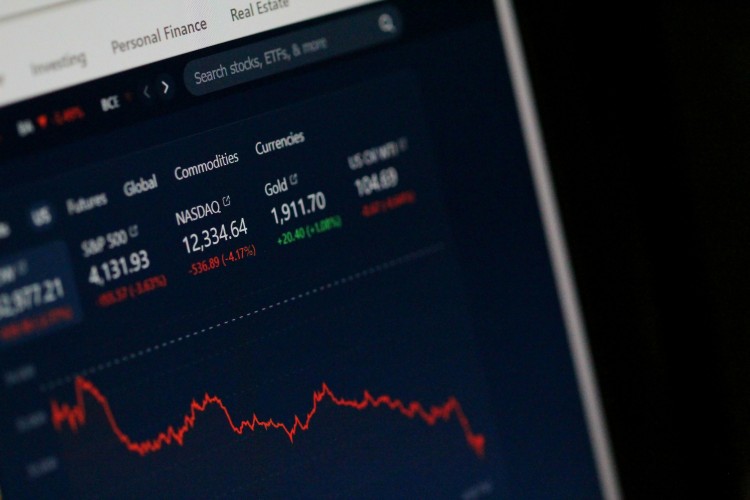The Indian stock market has seen a significant rise in retail traders participation in recent years. This growth is a crucial step towards India’s emergence as the world’s fifth-largest economy, as highlighted in the Economic Survey 2024. As of March 2024, retail investors held a 9.5% ownership share in NSE-listed companies by total market capitalisation. In the first quarter of 2024 alone, retail investors contributed a net sum of ₹66,338 crores.
This increased participation highlights the strength of India’s financial system. However, it also raises concerns for regulators, as retail investors often incur substantial losses in the market.
READ | Ayushman Bharat: India’s healthcare revolution facing midlife crisis
Rising losses among retail traders
A recent report by SEBI revealed that 71% of retail traders incurred losses in the intraday equity cash segment during FY 2023, up from 69% in FY 2022 and 65% in FY 2019. Despite the market’s recovery following the COVID-19 pandemic, retail investors often fell victim to short-term speculative trading.
Even in a strong market performance year like FY 2023, aggressive profit-seeking retail traders faced heavy losses. This trend points to a lack of financial literacy and investment acumen among retail participants, who are often lured by the prospect of abnormal profits. Unlike institutional investors who rely on professional tools and data analytics, retail investors tend to depend on peers and social media, leading to uninformed and sentiment-driven trading. Excessive trading by retail investors often pushes stock prices away from their fundamental values, increasing market volatility and resulting in losses.
Paradox of retail investor participation
Retail traders contribute significantly to market liquidity and act as a stabilising force during crises. For instance, during the prolonged lockdowns of 2020, retail investors played a crucial role when FIIs (Foreign Institutional Investors) were exiting the market. Following the market crash in April 2020, retail investors turned into net buyers of Indian equities for the first time in over a decade, contributing ₹512 crores to NSE’s cash market segment.
This contrarian trading partially offset the withdrawal of funds by FIIs and helped markets recover, boosting overall investor confidence and preventing disruptive consequences.
Another SEBI study showed that losses incurred by individual traders in the equity futures and options segment between FY22 and FY24. Over 93% of the 1 crore individual F&O traders recorded average losses of Rs 2 lakh per person, inclusive of transaction costs. The aggregate losses of individual traders during this three-year period exceeded Rs 1.8 lakh crore. Strikingly, the top 3.5% of loss-makers faced average losses of Rs 28 lakh each, while only 1% of individual traders managed to earn profits exceeding Rs 1 lakh after adjusting for transaction costs.
Need for financial literacy
While retail investors bring liquidity and balance to the market, ensuring their financial well-being is essential for both the investors and the broader market ecosystem. To achieve this, sustainable investing practices must be promoted, not through restrictive measures but by increasing awareness about market dynamics, investment strategies, and associated risks.
Retail investors often succumb to emotional biases and speculative behaviors, which highlight the need for widespread financial education. While current regulatory efforts emphasise transparency through disclosures and safe practices, these measures must be complemented with robust financial literacy initiatives.
The journey towards informed investing begins with education. Investors must understand the basics of market structure, asset classes, and risk management. Without this foundation, the stock market risks remaining a speculative playground for average investors and a manipulative tool for institutional players.
To ensure that retail participation benefits both investors and the market, financial education must reach the masses through accessible and engaging channels. Only then can the Indian stock market fulfill its potential as a wealth-building platform for all stakeholders.
Leena Chhabra is Assistant Professor at the Department of Commerce, Sri Aurobindo College, University of Delhi.

